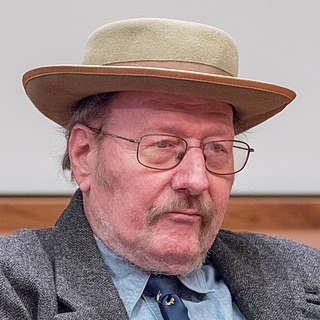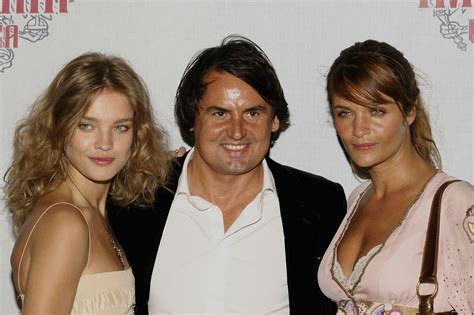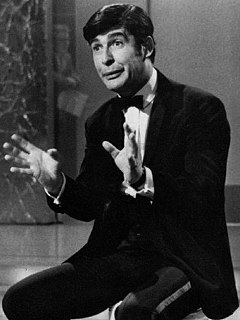A Quote by William Blake
The hours of folly are measured by the clock; but of wisdom, no clock can measure.
Related Quotes
A book no more contains reality than a clock contains time. A book may measure so-called reality as a clock measures so-called time; a book may create an illusion of reality as a clock creates an illusion of time; a book may be real, just as a clock is real (both more real, perhaps, than those ideas to which they allude); but let's not kid ourselves - all a clock contains is wheels and springs and all a book contains is sentences.
Our life is made up of time; our days are measured in hours, our pay measured by those hours, our knowledge is measured by years. We grab a few quick minutes in our busy day to have a coffee break. We rush back to our desks, we watch the clock, we live by appointments. And yet your time eventually runs out and you wonder in your heart of hearts if those seconds, minutes, hours, days, weeks, months, years and decades were being spent the best way they possibly could. In other words, if you could change anything, would you?
When people are not in a prison cell they believe they are free and happy. That's not true. Because in Istanbul, the modern person wakes up at 5 o'clock or 6 o'clock in the morning, gets on the bus for two hours to get to work, works at least ten hours, sometimes twelve or fourteen, then comes back home, just to make some money to pay for rent and food. That's not a human being's life. That's the life of a worm in the earth. That's the life of an insect.
The huge round lunar clock was a gristmill. Shake down all the grains of Time—the big grains of centuries, and the small grains of years, and the tiny grains of hours and minutes—and the clock pulverized them, slid Time silently out in all directions in a fine pollen, carried by cold winds to blanket the town like dust, everywhere. Spores from that clock lodged in your flesh to wrinkle it, to grow bones to monstrous size, to burst feet from shoes like turnips. Oh, how that great machine…dispensed Time in blowing weathers.







































